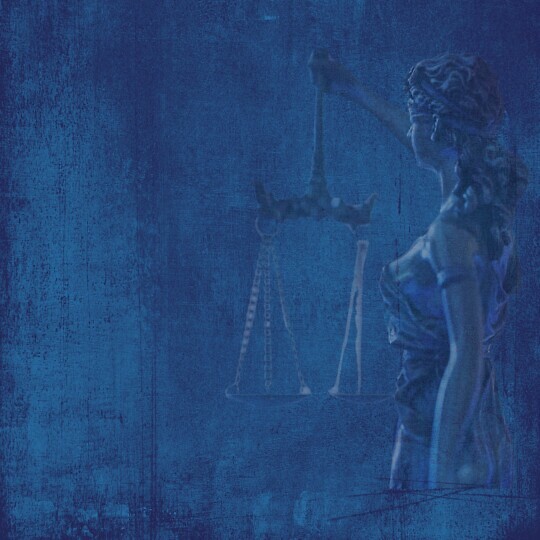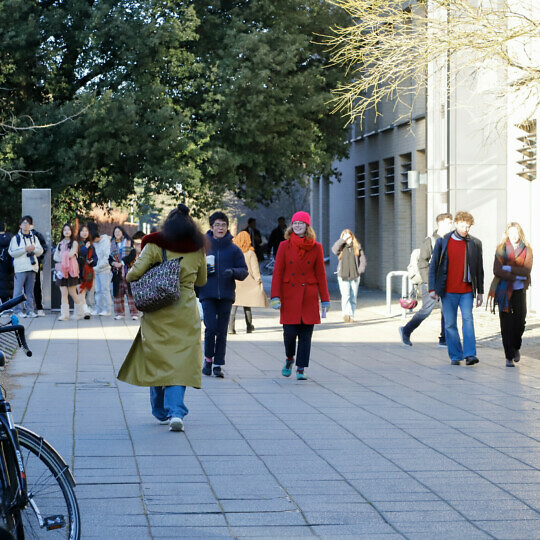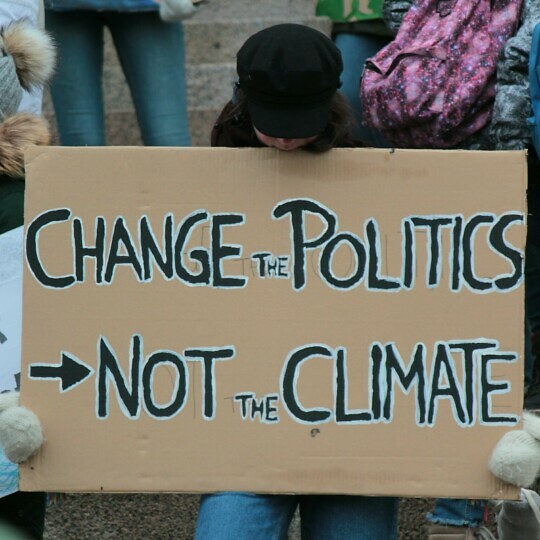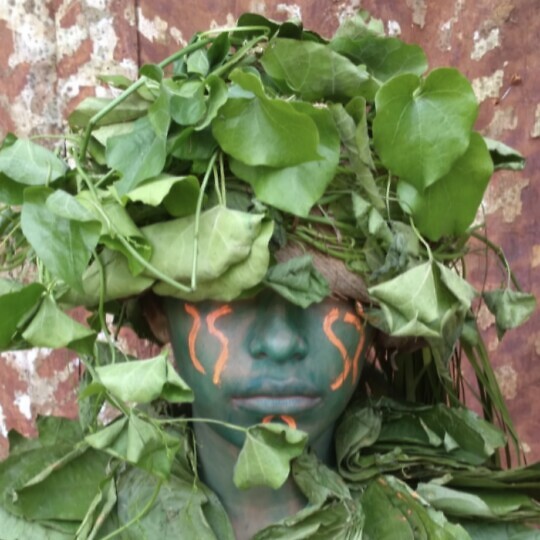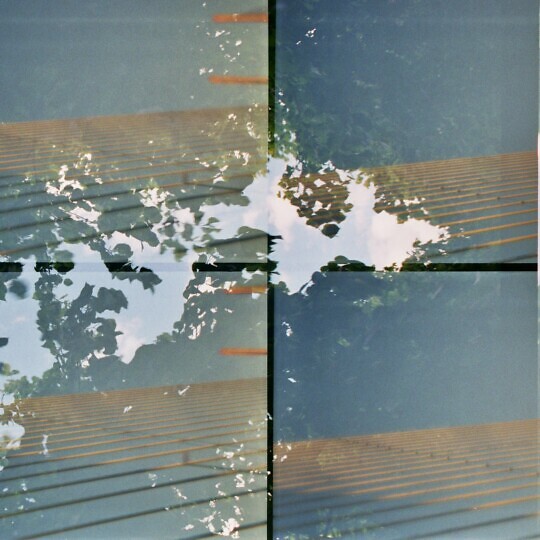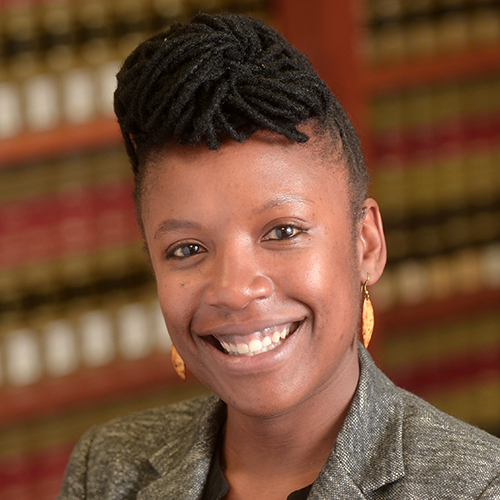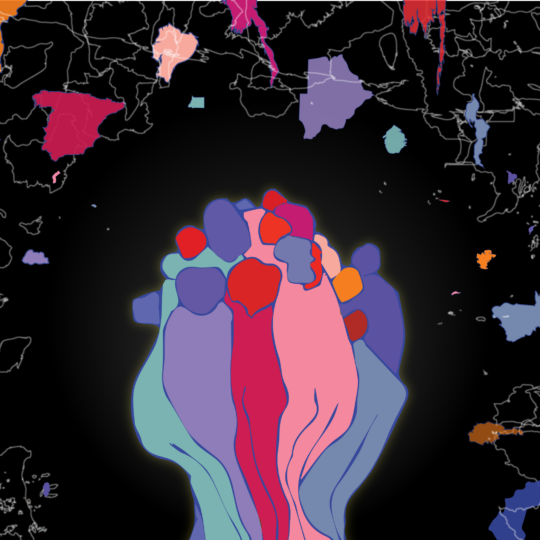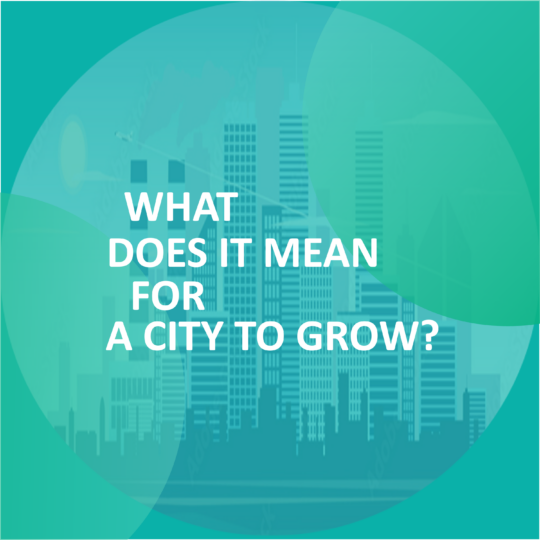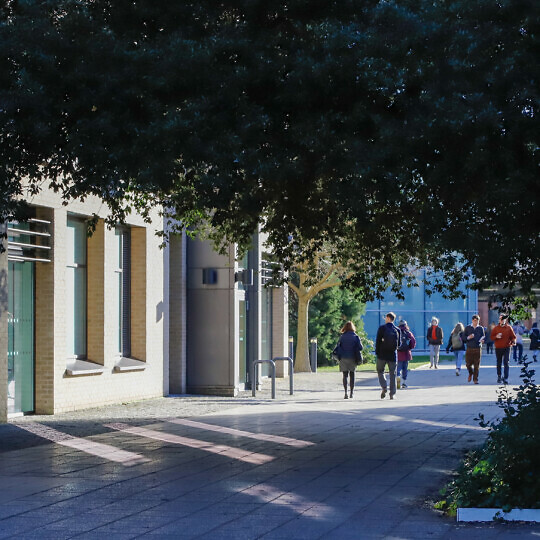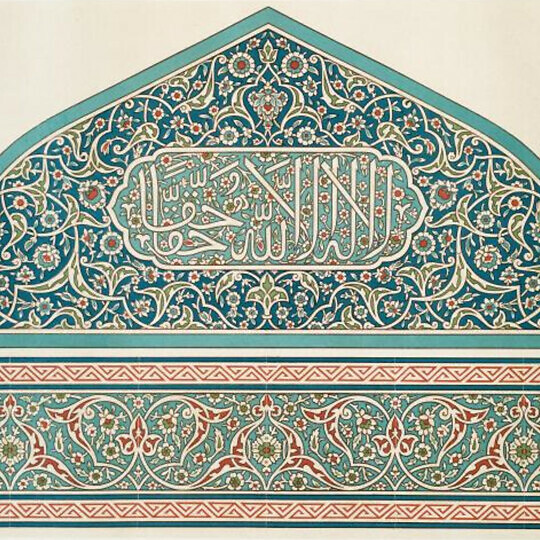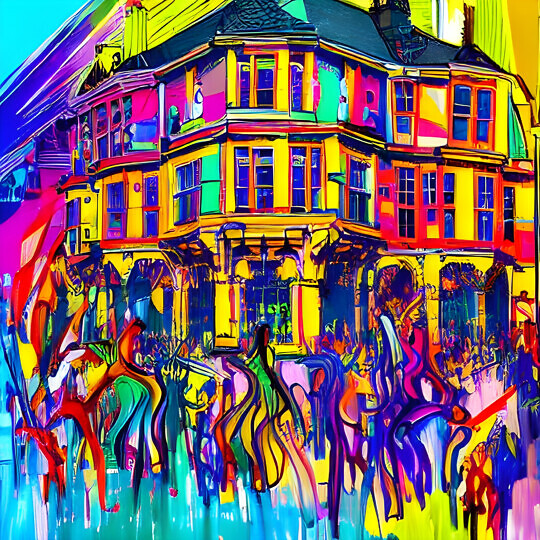| 12 Jun 2020 - 13 Jun 2020 | All day | ONLINE | |
- Description
- Programme
Description
Links to registration for the panels can be found under related links. You can sign up for more than one session.
Convenors
Alex Grigor (University of Cambridge, POLIS)
Michal Huss (University of Cambridge, Department of Architecture)
Konstantinos Pittas (University of Cambridge, POLIS)
Speakers
Commoning the City
Ash Amin (University of Cambridge)
Massimo De Angelis (University of East London)
Shannon Mattern (The New School)
Richard Sennett (Chair, Council on Urban Initiatives, United Nations Habitat)
Whose Commons, For Whom?
Tali Hatuka (Tel Aviv University)
Zizi Papacharissi (University of Illinois-Chicago)
Doina Petrescu (University of Sheffield / atelier d’architecture autogerée)
Laura Lo Presti (University of Padua)
Reclaiming the Cultural Commons
Sepake Angiama (Institute for International Visual Arts-London)
Gavin Grindon (University of Essex)
Ella McPherson (University of Cambridge)
Pelin Tan (Bard College)
Summary
Is the idea of the commons still relevant in an age of digital transformation and a global pandemic? Recent debates around the future of the commons have focused on the tensions between digital and physical realms, global and local forces, the shrinking of public space, the growth of surveillance, and a post-truth political culture within online filter bubbles. Now, the coronavirus pandemic has witnessed social distancing, the disintegration of physical spaces, societal unrest, mounting inequalities, and the virtual mediation of our civic and social lives – making the idea of the commons more important than ever. If Covid-19 is exposing power imbalances and the instability of our modern economic, political, and environmental systems, it is also providing impetus to new forms of solidarity networks and novel communication tools, together with a surge in mutual aid and community support and a new prominence to debates around universal access to public goods such as healthcare.
Broadly, the modern perception of the commons is the space where shared knowledge and experiences reside for the civic “good” or collective endeavour. By commons we refer not only to the natural environment and its resources, but also to shared social creations (such as public spaces), products of social interaction (like information, culture, knowledges, and affects), new technologies and cyberspace. Importantly, we also attempt to envisage commoning as an ongoing collective practice and ethos that shapes not only what is to be produced, but also the subjects and means involved in that process.
Under these unprecedented conditions we are required to ask whether the commons, as we traditionally think of it, is suffering a tragic decline, or whether it is being reimagined in new ways and new spaces. Is our physical isolation making us realise the fundamental importance of the commons? Could this new reality become the basis for new practices of commoning, from the socialisation of goods, healthcare, and digital content, to radical forms of reciprocity, collective care, and community solidarity?
The virtual conference will inspire discussions on the current modes of constructing, reclaiming, and sharing the commons. Through a series of debates with leading thinkers, artists, activists, and practitioners, we hope to produce a real-time investigation into how to re-invent the commons creatively, collectively, physically, and virtually.
The conference will serve as an open archive, documenting discussions, exchanges, and interventions in order to produce a publication that will arise out of these 'commons ateliers'. We invite speakers and participants who are interested in re-imagining the commons today to join us in this collective endeavour.
 #LongLiveTheCommons
#LongLiveTheCommons
Sponsors:

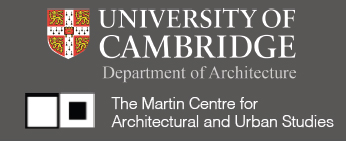
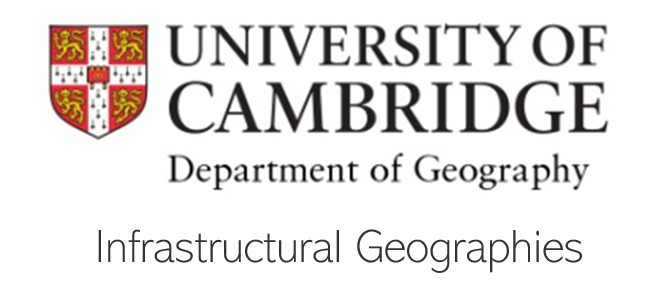

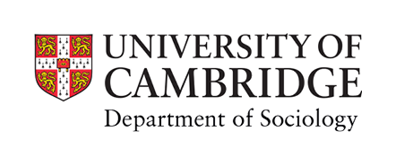
Supported by the Centre for Research in the Arts, Social Sciences and Humanities (CRASSH) and The Martin Centre for Architectural and Urban Studies, Department of Geography, Department of Politics and International Studies and Department of Sociology
Administrative assistance: events@crassh.cam.ac.uk. Conference queries: longlivethecommons@outlook.com
For more information about this conference, sign up to CRASSH's newsletter
Programme
Registration for this conference is by panel. You can sign up for more than one panel. |
|
Friday 12 June |
|
| 14.00 - 15.45 (BST) | Commoning the City Participants: Ash Amin (University of Cambridge), Massimo De Angelis (University of East London), Shannon Mattern (The New School), Richard Sennett (Chair, Council on Urban Initiatives, United Nations Habitat) Moderators: Alex Grigor, Michal Huss, Konstantinos Pittas Description: This panel explores the current potentials of and constraints for the production of the city (understood as a social, historical, and multi-sensual construct) as a common space. How can we prevent a pandemic from becoming another excuse for neoliberal austerity, new enclosures, repression, and mass securitisation at the city level? How can physical spaces become ‘common’, against the backdrop of the privatisation impetus of global capitalism and the proliferation of virtual spaces? As information and communication technologies influence the city’s networks and the processes of immaterial labour, what new capacities to be ‘in common’ emerge and what new forms of solidarity and mutual care networks can be prefigured? How can emerging urban social movements practise the commons in translocal spaces? |
| 17.00-18.45 (BST) | Whose Commons, For Whom? Participants: Tali Hatuka (Tel Aviv University), Zizi Papacharissi (University of Illinois-Chicago), Doina Petrescu (University of Sheffield / atelier d’architecture autogerée), Laura Lo Presti (University of Padua) Moderators: Alex Grigor, Michal Huss, Konstantinos Pittas Description: This panel deals with the ways that radical alterations in scale, time, and place, prompted by the digital age and by technological advancement require new methodologies for mapping, studying, and interpreting the commons. Taking into consideration people on the move due to conflict, migration, gentrification, and homelessness on the one hand, cyberspaces, virtual places, and digital communications on the other, what are the new points of entry into and membership of the commons? If we agree that the commons is essential to a healthy polity and functioning democracy, what issues does the privatisation of the digital commons raise? How might we renegotiate power dynamics around the production, distribution, and representation of knowledge, information and data? If common spaces are always contested, as is the notion of a coherent or unified 'collective', what is the role of protest and demonstration both in the physical and digital spheres? |
Saturday 13 June |
|
| 13.00-14.45 (BST) | Reclaiming the Cultural Commons Participants: Sepake Angiama (Institute for International Visual Arts-London), Gavin Grindon (University of Essex), Ella McPherson (University of Cambridge), Pelin Tan (Bard College) Moderators: Alex Grigor, Michal Huss, Konstantinos Pittas Description: This panel looks at contestations around cultural commons and strategies to re-claim and re-mobilise them. In addition, the unfolding global health crisis urges to think about its repercussions to the basic rights of access to culture, to the diversity of cultural content and expression online, and to the precarious-now more than ever-art and cultural labour. With cultural institutions closing down, major artistic and cultural events postponed, and community cultural practices suspended on the one hand, and with the acceleration in the digitisation of cultural content and the surge in online access to this content on the other, what are the potentialities and stakes of this new reality in light of the coronavirus pandemic? How can widespread protests against toxic philanthropy, institutional racism, art washing, and gender discrimination help us to envision museums taking the side of the commons? How can culture and aesthetics serve as innovative terrains for encounters and exchanges, solidarity and sharing, synergies and community building? |

